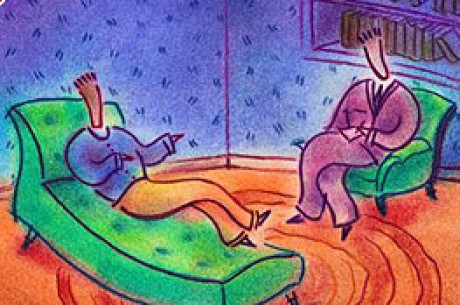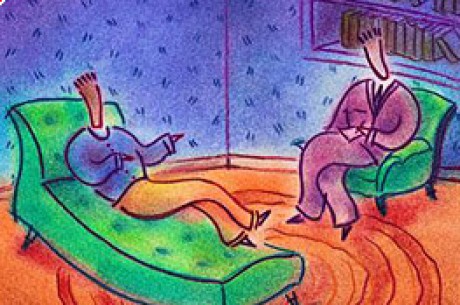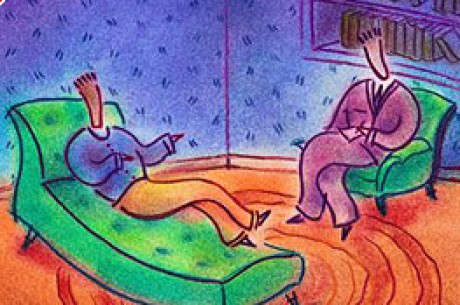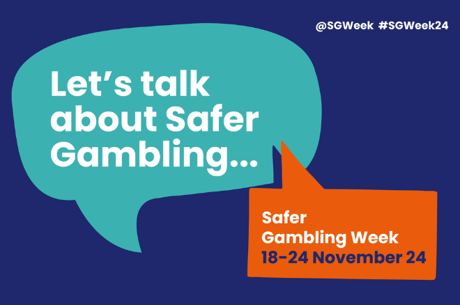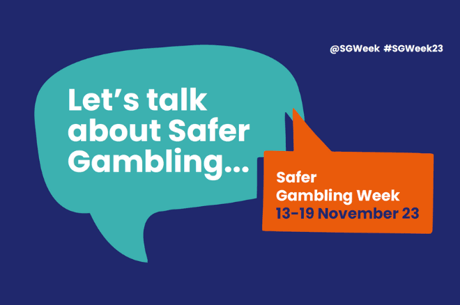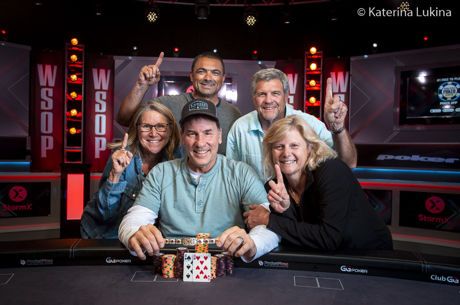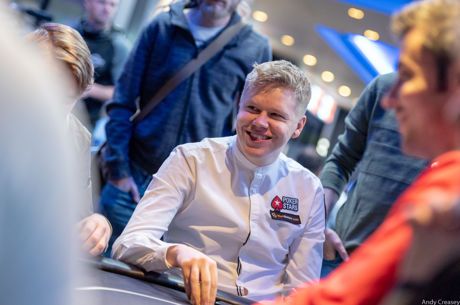The Poker Counselor's Corner (5)
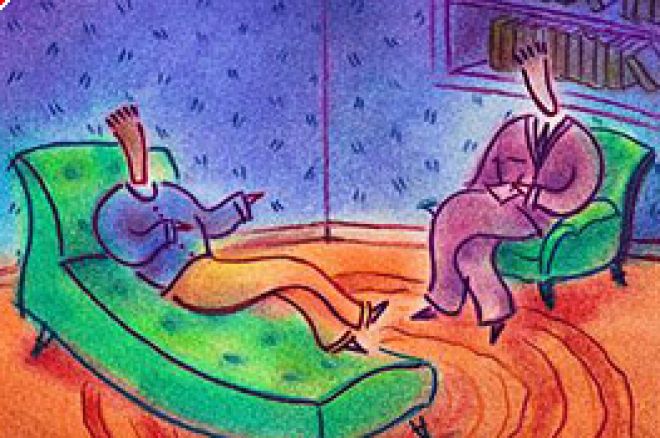
Editor's Note: In addition to being a poker enthusiast, gambling columnist, and lecturer, John is a National Certified Counselor (NCC) and practices in his home state of Pennsylvania. He has a Master of Arts degree in Counseling from West Virginia University, and a Bachelor's degree in Psychology with a minor in Sociology from Lock Haven University. You can arrange for interviews, speaking engagements, or ask your question to "the Poker Counselor" at [email protected].
I read tips in a magazine on how to make my home game successful. I've tried them all over the past 4 months (like doing jackpots, having bounties, and providing snacks.) I still can't seem to get more than a couple of players each time. Other games on campus are crowded. Suggestions? - Posted by pac_poker at an online forum
Gimmicks like snacks and bounties may enhance an already good home game, but they certainly do not produce a good home game. It seems like way too any hosts believe that a few decks of cards, some poker chips, and a few chairs is all that it takes to hold a good game. In reality, the key to a good, well-attended regular game is all about the players who belly-up to that table to play. It involves understand a little bit of basic poker psychology, and setting your goals as to what you want your game to look like! I find that players usually have one (or more) of these three goals in mind when attending any home poker game: 1.) They want to make money (win) at all costs, 2.) They want to have a lot of fun, or 3.) They want to improve their game. I believe that hosting a great home game involves knowing which of these three you most want to facilitate, and be sure that the players who attend fit that mold as well. Players who want to make money are those in that seedy, mysterious lot. These are the guys that are most likely to collude, or use other underhanded tactics, to get the cash. They are looking for a soft, easy game to assure a quick payday. These guys are probably going to show-up as long as they think that their talent is better (or at least as good as) the expected competition. They want a home game that is well-structured, organized, and filled with new players.
The second group I mentioned is just looking to have fun. They want to have a loud, raucous game with crazy bluffs and many all-in's. They like fast action, so a quick blind schedule and lots of starting chips to play with will satisfy them. This crowd would get excited about some of your gimmicks, such as bad beat jackpots and free food. If you throw out the invite for new players to join the fun, and your tables will soon be full. The drawback of these games is that the most talented players can get overwhelmed by the amateurish play and fast blind structure. With that, most of the time players can not honestly say that their participation made them become a better player. If regular poker is a skill game, this loose version of poker is simply gambling. Still, gambling can be a lot of fun, right?
The third group is the quickest growing, those looking to improve their overall poker skills. As evidenced by the boom of poker forums online, sales of poker books, and the rush of new poker magazines, the new poker player is generally eager to learn and improve. This group wants to have the opportunity to learn at the table by seeing a variety of hands, situations, and play against skilled opponents. With that, the gimmicks that were popular with the fun bunch are hardly a consideration with these guys. Instead, this crew feels a satisfaction even in a losing effort, as they can pull some positives from the evening by evaluating their own play. I'd be willing to guess that many of the regulars in the other games around your campus fall into this last category. Dreams of huge payday wins in tournament poker drive many college students to take poker more seriously than their academic studies! To bring them into your game, assure them that there will be good competition to compete against. Display a serious atmosphere by posting a set blind schedule and rules. When word spreads about your tough home game, more curious and hungry players are sure to appear to make your game a big hit. Take some time to figure out what kind of game you'd like to host, and then go make it happen.
I have a question for the Poker Counselor on pokernews. Does he think that women are better players than guys? - Submitted via email by Amber at Kentucky University
Psychologists and Counselors always hate to speak in generalizations. It is simply too hard for us to make a blanket statement that covers an entire group, as there are always exceptions to any larger assumption. It gets especially tough when we are asked these types of "women vs. men" questions. But, since you've asked, I suppose I'll answer the best that I can. Sorry guys, you're not going to like what you read!
In general (remember, there are always exceptions), I strongly believe that women are more likely to make successful poker players than men. Let's say that 100 women and 100 men are given the same poker experiences and background knowledge. I'd guess that of those final 200 players, about 13-14 of the top 20 overall players would be female! Let's face it gentlemen, they have many characteristics that we often lack that helps them in their poker career. Foremost, I see their keen handle and understanding on human emotionality as a primary helping factor. This understanding of emotions and motivation is the underlying force behind the mysterious "instincts" or "female intuition." Naturally, women are more observant. Along with that, they are often more accurate when evaluating and judging what they've seen, especially as it pertains to judging people. They would be more accurate (in the long run) of judging if opponents liked their hands, loved their hands, or hated their hands. Likewise, women are more able to keep from tilting. Women like to take time to think things through. We men are likely to react. Out-thinking bad beats, and reassuring yourself that you've played correctly but been unlucky, is a good strategy to avoid tilting on future hands. Men often get consumed by the sense of unfairness, discontent, and let anger arise to the surface. I see patience as another plus for the female gender. Aggression make be rewarded in some tournament situations, but most poker veterans will still assure you that patience pays off in poker in the long run. Men are more likely to crave action, causing their patience to wear thin over time. Overall, though, I love poker because almost anyone can be successful with hard work and discipline. From young to old, women or men, wheel-chair bound to athletic, all of us can dream of scoring a win at a big tournament one day!
Thanks for the interesting questions this week! Remember to email your questions on the psychology of poker to [email protected].
Please visit our online poker room directory to see the best bonuses on the web!

